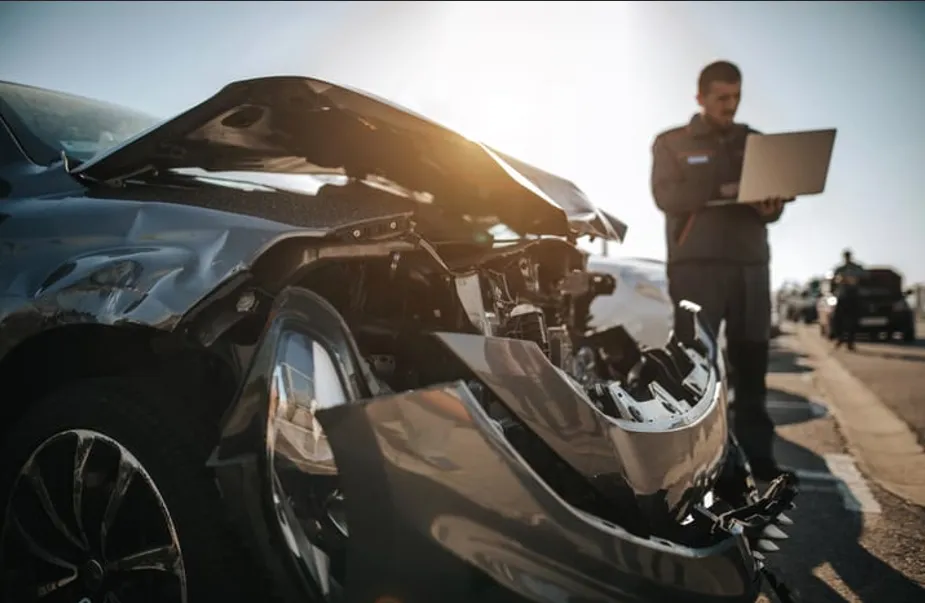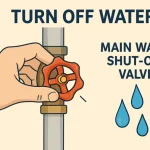Car accidents are difficult on their own, but finding out the other driver has no insurance can make a stressful situation even worse. Many victims wonder: Can you take legal action against an uninsured driver? The answer is yes; you can sue an uninsured driver. However, winning in court doesn’t always mean you’ll receive compensation, especially if the driver has limited assets or income. That’s why understanding your legal options and insurance coverage is so important in these situations.
Also Read: Why Hiring a Burglary Lawyer is Crucial for Your Defense
Understanding the Legal Right to Sue
Just because a driver doesn’t have insurance doesn’t mean they’re off the hook legally. Insurance status doesn’t change who’s at fault in an accident. If you’re hit by an uninsured driver, you can absolutely sue them for your medical bills, lost wages, and car repairs.
These lawsuits are civil cases; the court only concerns itself with who caused the accident and the resulting damages. While having insurance makes compensation easier, its absence doesn’t erase the driver’s responsibility under the law.
Challenges of Suing an Uninsured Driver
The hard truth is: winning your case doesn’t guarantee you’ll see any money. Many uninsured drivers lack insurance precisely because they can’t afford it, which often means they also lack the assets to pay judgments. You might receive a court order stating that they owe you money, but collecting it is a whole different challenge.
Some drivers file for bankruptcy after a judgment, which can wipe out what they owe you. Others might simply ignore the judgment. Before filing suit, consider whether the time and legal costs will be worth it. Many attorneys will evaluate the defendant’s ability to pay before taking your case, as there’s little point in winning a judgment you can’t collect.
Role of Uninsured Motorist Coverage
Uninsured motorist (UM) coverage acts as your safety net in these situations. This optional coverage, which you add to your own policy, pays your damages when the at-fault driver has no insurance. It typically covers medical expenses and sometimes also property damage.
Filing a UM claim is often faster and more reliable than suing an uninsured driver. Each state has different rules about UM coverage – some require insurers to offer it, while others make it optional. The coverage limits you chose when buying your policy determine how much you can recover, regardless of the other driver’s financial situation.
Alternative Legal Options and Enforcement
If you do win a lawsuit, you might try collecting through wage garnishment or placing liens on property, but many states limit these options. Some states protect primary residences or certain types of income from collection.
You could negotiate payment plans directly with the driver, avoiding court entirely. For smaller claims, small claims court offers a simpler and more affordable alternative to full-fledged lawsuits. Just remember that collection remains challenging even with a judgment in hand.
When Legal Action Makes Sense
Suing makes most sense when:
● Your damages are substantial
● The driver has visible assets like home equity or steady income
● Your attorney believes collection is realistic.
While the legal right to sue always exists, practical recovery depends entirely on the defendant’s financial situation. Sometimes, insurance claims provide better solutions than lawsuits.







